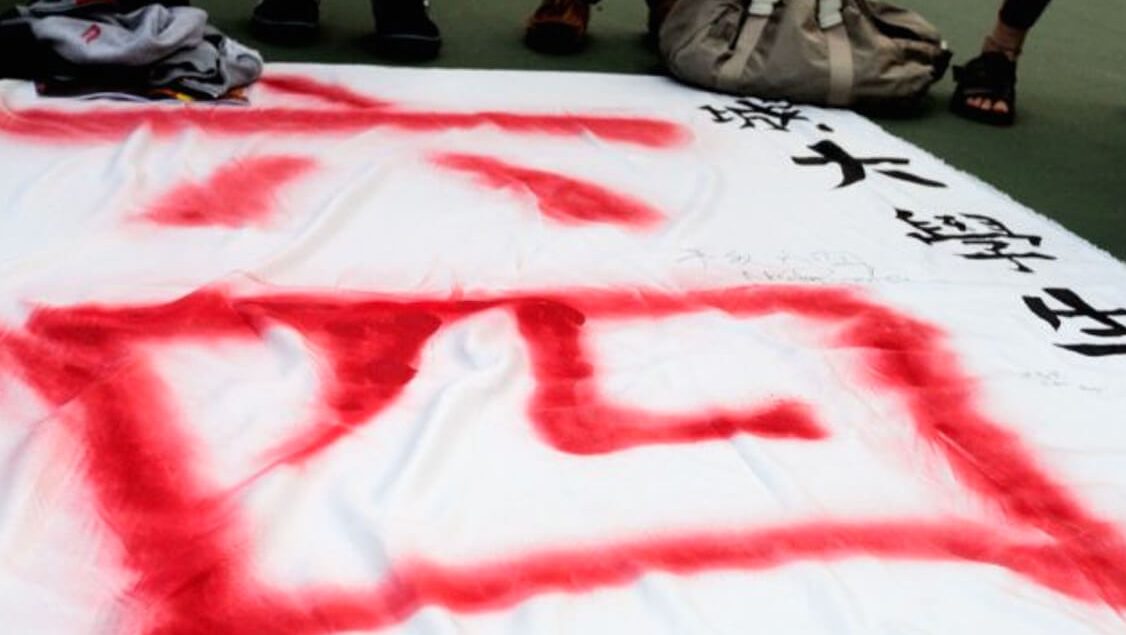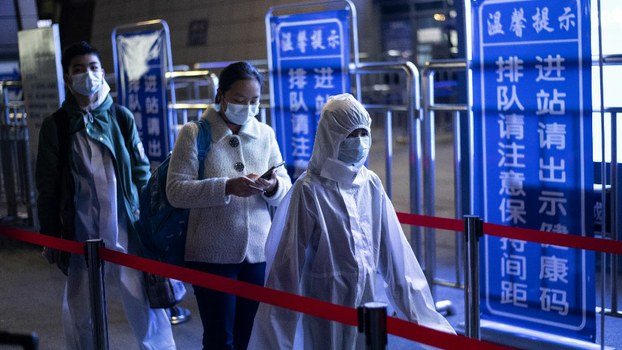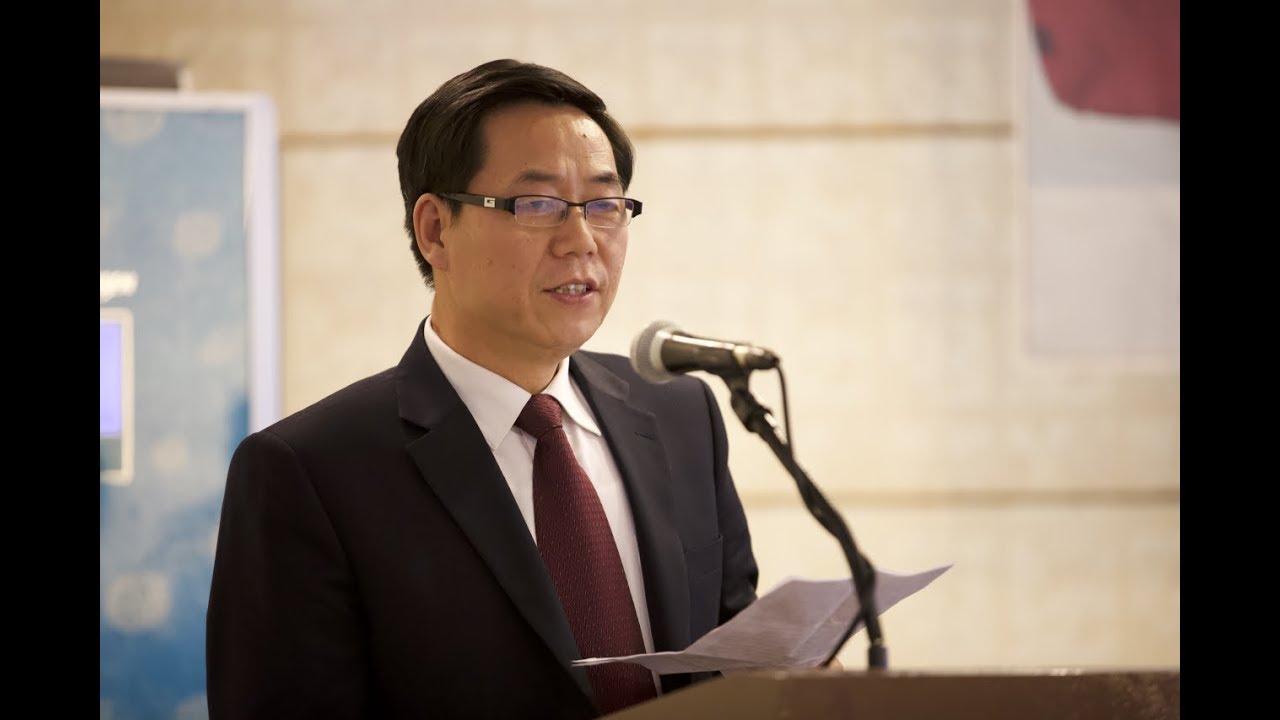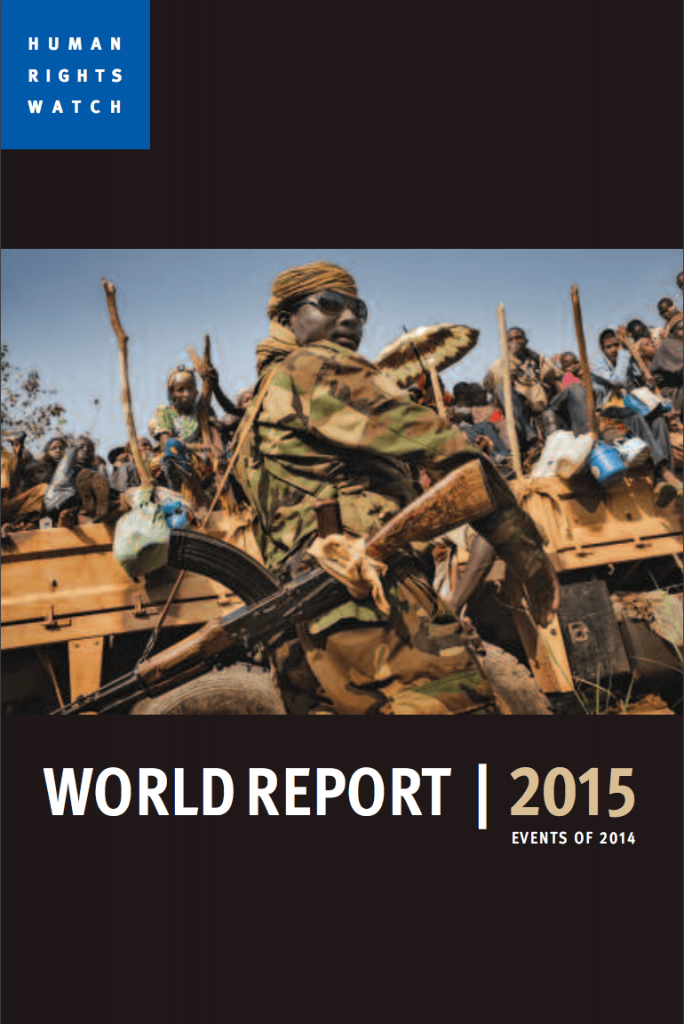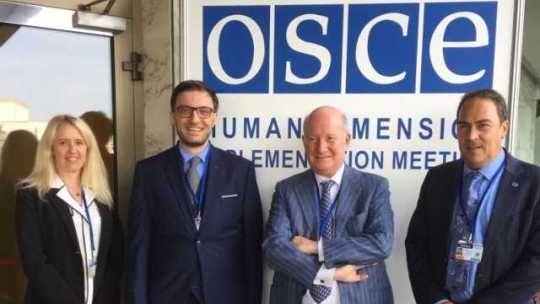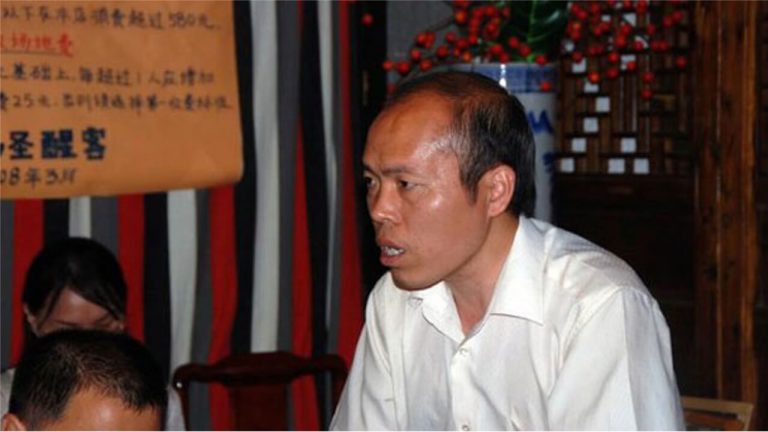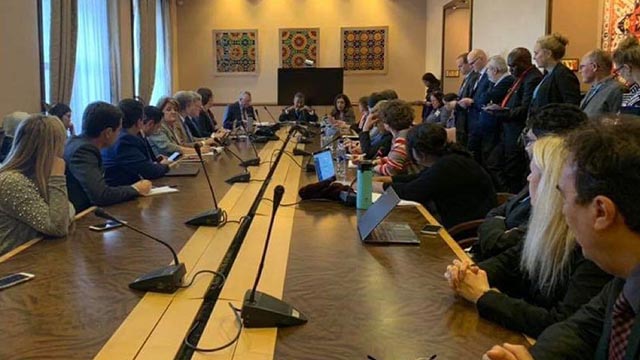Instead of celebrating childhood, China’s boys and girls had to sing patriotic songs, applaud the country’s leaders for fighting COVID-19 and alleviating poverty.
On Children’s Day, celebrated in China on June 1, an 8-year-old primary school student from the eastern province of Shandong felt very distressed. Instead of spending the special day playing and enjoying herself, she was told to take part in a singing contest themed “Red Scarf Heart Follows the Party.” Like this girl, numerous other children across China also had to spend the Children’s Day glorifying the Communist Party and its leaders.

The Education Bureau of a locality in the southeastern province of Fujian issued a document in May, demanding primary and middle schools to hold Children’s Day activities to instill in students the core socialist values. They had to praise “China’s strength and great leadership in defeating the epidemic,” while “resisting insults from foreign forces,” exhibiting the “power of unity and tolerance,” and rendering “support to the international community.” Children also had to praise the government’s achievements in poverty alleviation—all in the name of “establishing a sense of honor and mission as communist successors.”

President Xi Jinping issued a letter on the eve of Children’s Day, in which he stressed that children “witnessed the great feats of Chinese people working together and rising to challenges” amid the coronavirus outbreak. He also asked them to “prepare for realizing the Chinese Dream of great national rejuvenation.”
The next day, on June 1, the Ministry of Education issued a Notice on Studying and Implementing President Xi Jinping’s Children’s Day Message to Masses of Children, demanding to “deeply comprehend the great significance of Xi Jinping’s message” and “set off a study boom.”


The notice instructs educational departments, school administrations, and teachers to study the president’s text “as soon as possible.” While primary and middle school students are demanded to “actively read and study it” and continuously strengthen their “love for socialism.”

Various activities had to be organized in all localities to study Xi Jinping’s remarks and learn how to implement them in every aspect of children’s lives. The decree also demands to “make good use of precious educational resources developed amid the fight against the epidemic” to heighten the spirit of patriotism.

According to posts on Chinese social media and reports received by Bitter Winter, the extreme patriotic education in China’s schools is on the rise. Even the youngest children are taught to worship the CCP, revere the socialist system, oppose democratic thoughts, and harbor hatred toward Western countries, particularly the United States.
A Chinese student told Bitter Winter that her classmates criticized Hong Kong’s pro-democracy movement, calling its members the “rubbish youth” who “use violence to disrupt Hong Kong.” “They blame the US for stirring trouble and call on the government to deal with the issue the same way they did with the protests in the Tiananmen Square,” the student added. “Students don’t dare to criticize state leaders.”
Many believe that the new Chinese generation, born in the 2000s, has been affected by the government’s propaganda and developed more definite nationalist tendencies. Unlike those born in the 1960s and 1970s, who have suffered more hardships at the hands of the dictatorship, and those born in the 1980s and 1990s, who have been exposed to more openness, the new generation is more influenced by the authoritarian regime. They have become “little pinkos” (小粉紅)—a term used to describe young mainland nationalists that defend the CCP’s dictatorship.


